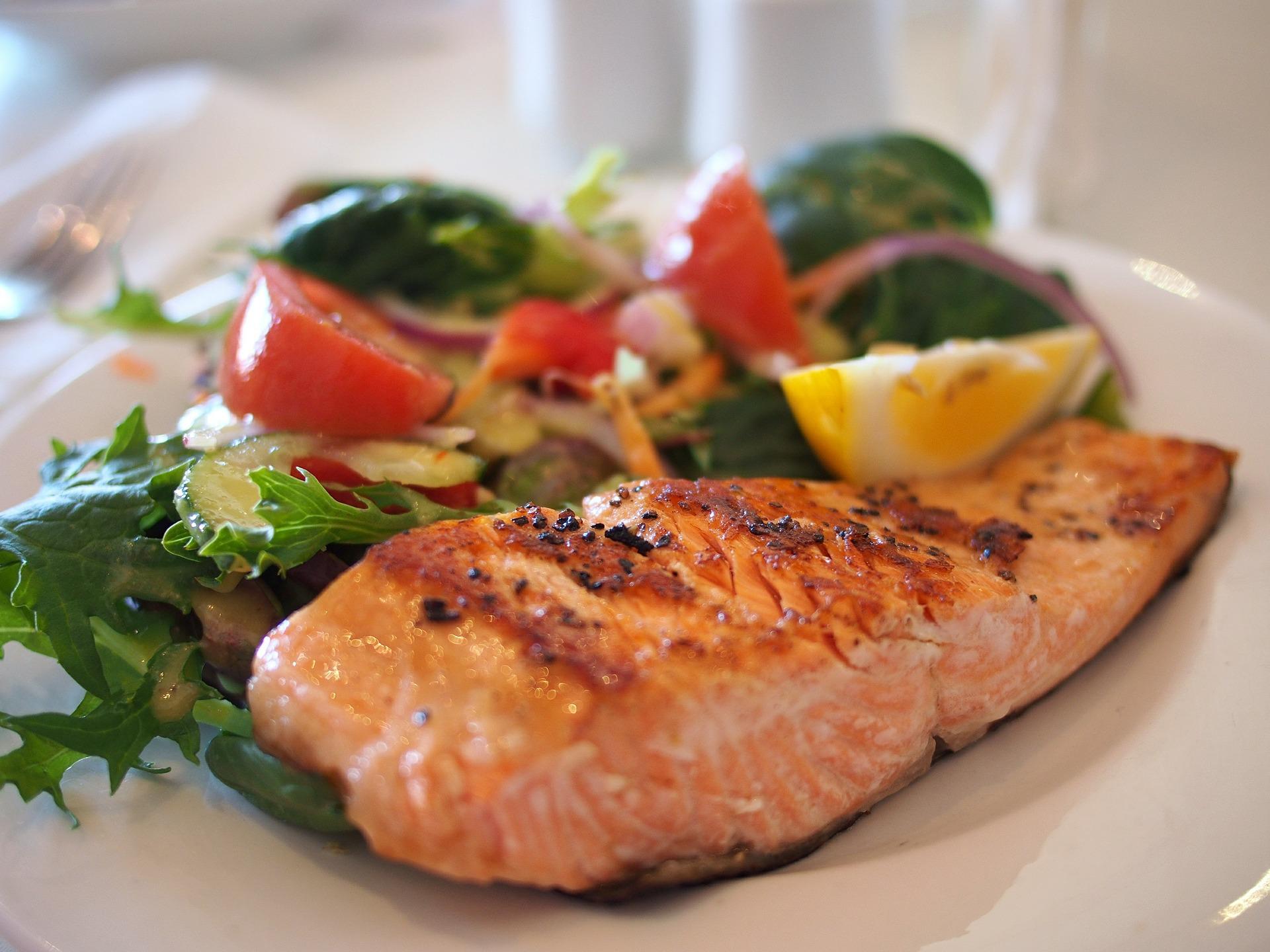While the holidays can be a time of celebration and joy for many, it also can be a period of stress, sadness, and loneliness for others. This time of year can be hard on our mental health, but there are ways to cope.
Evidence suggests that in addition to impacting our physical health, what we eat also plays a role in how we feel. Food directly affects the structure and function of our brain and, ultimately, our mood as well.
You can test this out for yourself. Pay attention to how you feel when you eat different foods. You may notice that you feel better or worse depending on what you eat — and not just in the moment, but the next day as well. Healthier choices can help you feel better by boosting your mood, giving you more energy, and helping you think more clearly.
Use these seven moods boosting tips and start feeling better today.
Eat regularly. If your blood sugar drops you might feel tired, irritable, and depressed. Eating regularly and choosing foods that release energy slowly will help to keep your sugar levels steady. Slow-release energy foods include wholegrains (such as oats, farro, whole wheat bread), nuts and seeds, beans and lentil, whole fruits and vegetables, and healthy fats (olive oil, avocado).
Quick tips:
- Eat a balanced breakfast to get the day off to a good start.
- Instead of a large lunch and dinner, try eating smaller meals spaced evenly throughout the day.
- Limit (or avoid) foods that make your blood sugar rise and fall rapidly such as sweets, processed refined grains, sugary drinks, and alcohol.
Stay hydrated. If you don’t drink enough fluid, you may find it difficult to concentrate or think clearly. You might even start to feel constipated, which is sure to put you in a bad mood.
Quick tips:
- Aim for about 6-8 glasses of fluid a day.
- Plain water is the healthiest option.
- Tea, coffee, juices, and smoothies all count towards your fluid intake but be aware that these may also contain excessive caffeine, sugar, and calories.
Get your 5-a-Day. Vegetables and fruit contain many of the minerals, vitamins, phytochemicals, and fiber we need to keep us physically and mentally healthy. Eating a variety of different colored fruits and vegetables every day means you’ll get a good range of nutrients. In addition, fiber will keep you feeling satisfied between meals and this is useful when you are trying to manage your weight.
Quick tips:
- Fresh, frozen, canned, and dried fruits and vegetables all count towards your 5-a-day.
- As a general guideline, one portion is about a handful, small bowl, or a small glass.
- For ideas on how to get your 5-a-day, visit Fruits and Veggies: More Matters
Mind your gut. Sometimes your gut can reflect how you are feeling emotionally. If you’re stressed or anxious this can make your gut slow down or speed up. For good digestion you need to have plenty of fluid, regular exercise, fiber, and healthy gut foods including fruits, vegetables, wholegrains, beans and lentils, and fermented foods such as plain yogurt and kefir, natural sauerkraut or kimchi, and miso.
Quick tips:
- It might take your gut time to get used to a new eating pattern, so make changes slowly to give yourself time to adjust.
- If you’re feeling stressed or anxious and you think it is affecting your gut, try some relaxation techniques or breathing exercises.
Manage caffeine. Caffeine is a stimulant. It can give you a quick burst of energy, but then make you feel anxious and depressed, disturb your sleep (especially if you have it before bed), or give you withdrawal symptoms if you stop suddenly. Caffeine is in tea, coffee, chocolate, soda, and other manufactured energy drinks.
Quick tips:
- If you drink tea, coffee, or soda, gradually switch to decaffeinated versions.
- You might feel noticeably better quite quickly if you drink less caffeine or avoid it altogether.
Get adequate protein. Protein contains amino acids, which make up the chemicals your brain needs to regulate your thoughts and feelings. It also keeps you feeling full for longer and this can help with weight management as well. Choose lean meat, fish, eggs, low-fat cheese, legumes (peas, beans and lentils), soy products (such as tofu and edamame), nuts and seeds.
Quick tip:
- Whatever your diet, why not try some new plant-based protein recipes for a little variety?
Eat the right fats. The human brain is made up of nearly 60 percent fat. Essential fatty acids (EFAs) are required for optimal brain health, but they cannot be synthesized by the body and must be obtained from dietary sources. So rather than avoiding fats, eat them. Include healthy fats with your meals everyday – such as oily fish (salmon, sardines), olives and olive oil, nuts (especially walnuts and almonds), seeds (such as flax, chia, and pumpkin), avocados, and eggs.
Quick tip:
- Try to avoid any product listing ‘trans fats’ or ‘partially hydrogenated oils’ on the label such as some store-bought cakes and pastries. They can be tempting when you’re feeling low, but this kind of fat isn’t good for your mood or your physical health in the long run. In addition, these foods tend to be high in calories and make weight management difficult.
Check out these mood-boosting recipes and begin cooking yourself into a better mood.
Lorraine Matthews-Antosiewicz, MS, RD
PS –
Holiday time is the perfect time to re-focus on taking care of yourself. Let’s talk about how we can work together so you can improve your health and fitness, achieve your personal best weight, and maintain it with ease. Don’t wait for the new year to get started.
Message me or call 732-494-1149. Let’s start with a conversation.



